By IAN FAILES
By IAN FAILES
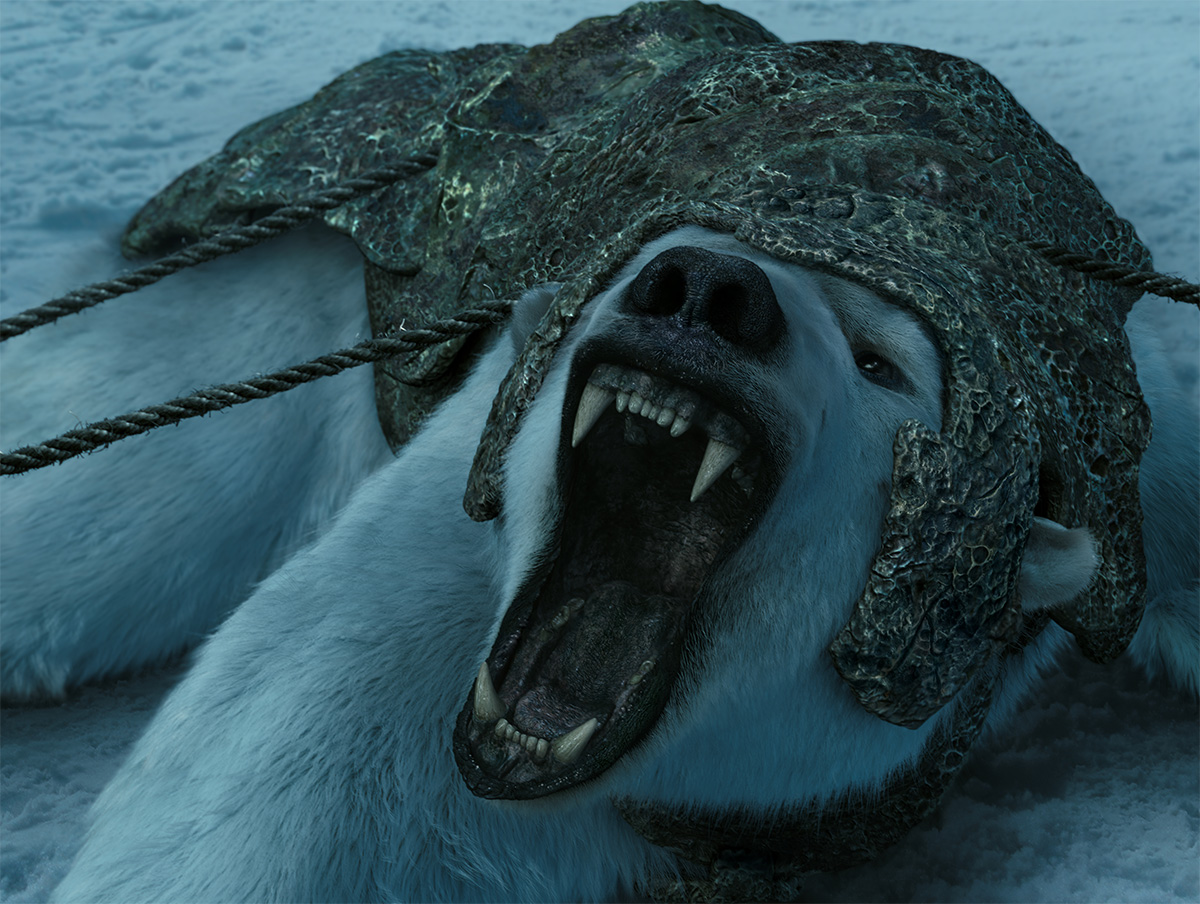
Mike Eames is Framestore’s Global Director of Animation. He started out in 2D animation before heading to ILM to work on films including The Lost World: Jurassic Park. Moving to Framestore in 2000, he was the animation supervisor on the celebrated TV series Dinotopia. His long history of credits at Framestore and other studios also include several Harry Potter and Narnia films, The Golden Compass, Children of Men and Star Wars: The Force Awakens.
With the rise of the London VFX scene, and with many studios finding new locations to set up, we caught up with Eames at Framestore in the UK capital to find out his thoughts on animation there and in the industry in general, and about getting a job in the field.
“Opportunities to get into the industry have probably never been so good. I certainly can’t remember a time when there was so much work around. But if you’ve experienced times when work is hard to come by you never complain when there’s too much of it.”
— Mike Eames
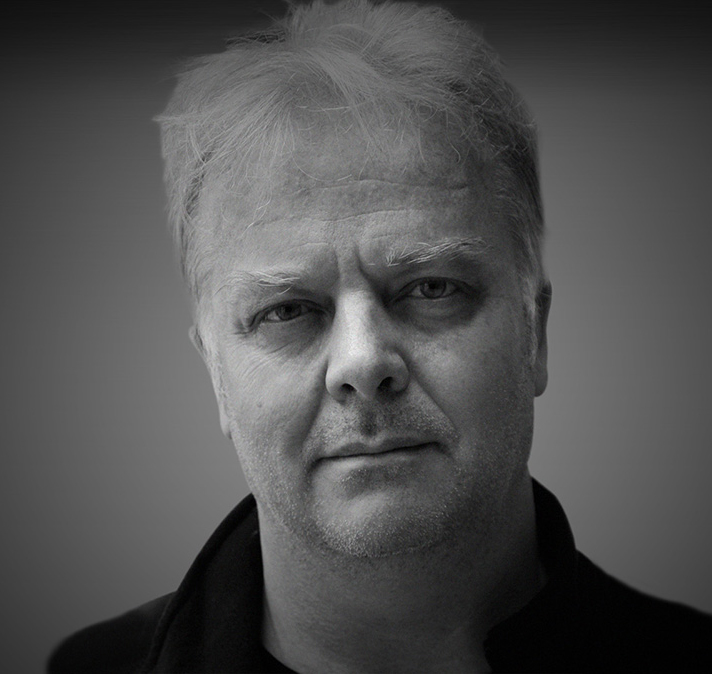
Mike Eames
VFX Voice: You’re Global Director of Animation at Framestore. What does that involve?
Mike Eames: At the moment, because we have a studio in Montreal and a studio in London, I oversee the animation part of that. So anything to do with film and going forward wherever we are, as long as it’s film, then I would have an overview of the animation.
VFX Voice: What would you say is the overall approach to animation at Framestore?
Eames: The first, most obvious thing that you could say about Framestore is that 99.9% of our work is key frame. Some of the other big studios are key frame, but they also put a lot of faith and reliance in motion capture. That’s not to say we don’t do it. We have our own motion-capture volume here, too.
VFX Voice: Do you have a role in employing new animators – what are you looking for in potential employees?
Eames: When I started at Framestore, I had to build a team, from nothing. This was at a time where we didn’t have other teams down the road that we could persuade to come and work with us. I didn’t necessarily want to go to America and import talent. I wanted to try to build a team that could do what we wanted here. There is always talent and plenty of potential out there, you just have to find it.
In fact, potential is what I always look for; potential in people. I think that’s really what I always come back to. Although there are times where you’ve got a big project to do and you have a relatively short period of time in which to do it, you’re going to need to go out and ideally employ some key people that have lots of experience and can make the thing work. You rely on that to a large extent but, ultimately, it always comes back to your ability as a company to train people, to develop that potential, and that’s what Framestore has always done very well.
“We’re looking for potential but also something I refer to as flair. Someone with flair shows a good understanding of animation principles but demonstrates an instinctive ability to apply those principles to produce an engaging and convincing performance.”
— Mike Eames
VFX Voice: For a new person coming to Framestore, what do you want them to have a good handle of? Is it Maya, or does that not matter?
Eames: Again, we’re looking for potential but also something I refer to as flair. Someone with flair shows a good understanding of animation principles but demonstrates an instinctive ability to apply those principles to produce an engaging and convincing performance. Even though they might not be well practiced at this stage, this kind of skill ultimately makes the difference between someone being a competent animator or a really good one.
VFX Voice: So what they know software-wise doesn’t matter too much?
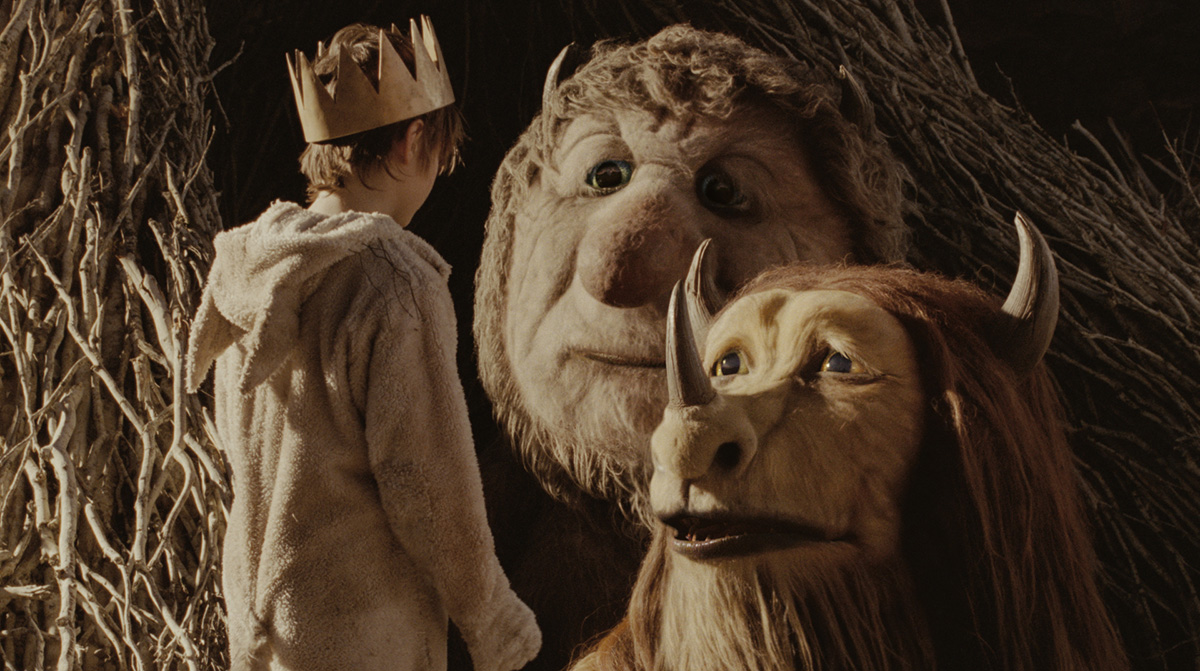
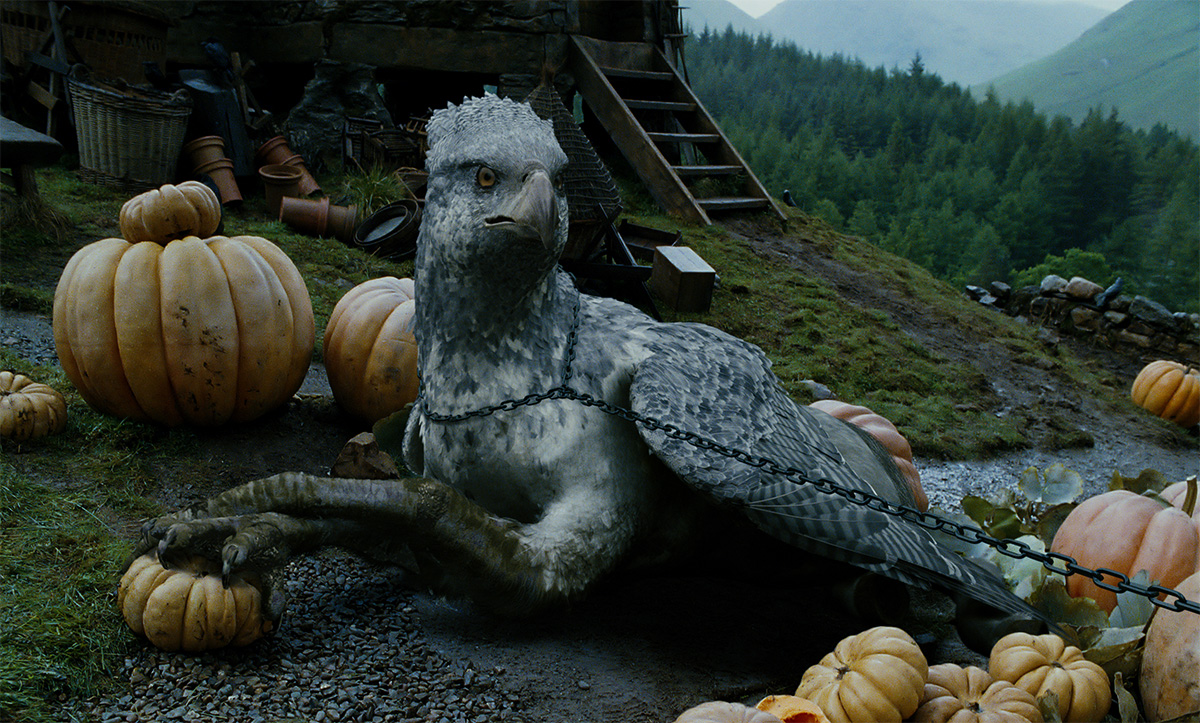
Eames: Obviously it helps if they know how to use Maya, which is the standard software platform, but I have to admit that I’ve done interviews with people in the past and I’ve kind of neglected to ask whether they use Maya because I’ve just assumed that they did and it turns out that they haven’t. But essentially, it’s not such a big problem because as long as they can show they’ve got a sensitivity to animation and performance then that’s just something you can learn. Anybody can learn that. But not everybody can have that potential.
“Ultimately, it always comes back to your ability as a company to train people, to develop that potential, and that’s what Framestore has always done very well.”
— Mike Eames
VFX Voice: The VFX industry in the UK has really exploded, perhaps pushed on by the Harry Potter films several years ago, but also now with so many other projects. What kind of changes have you noticed in animation for visual effects, either in London or elsewhere?
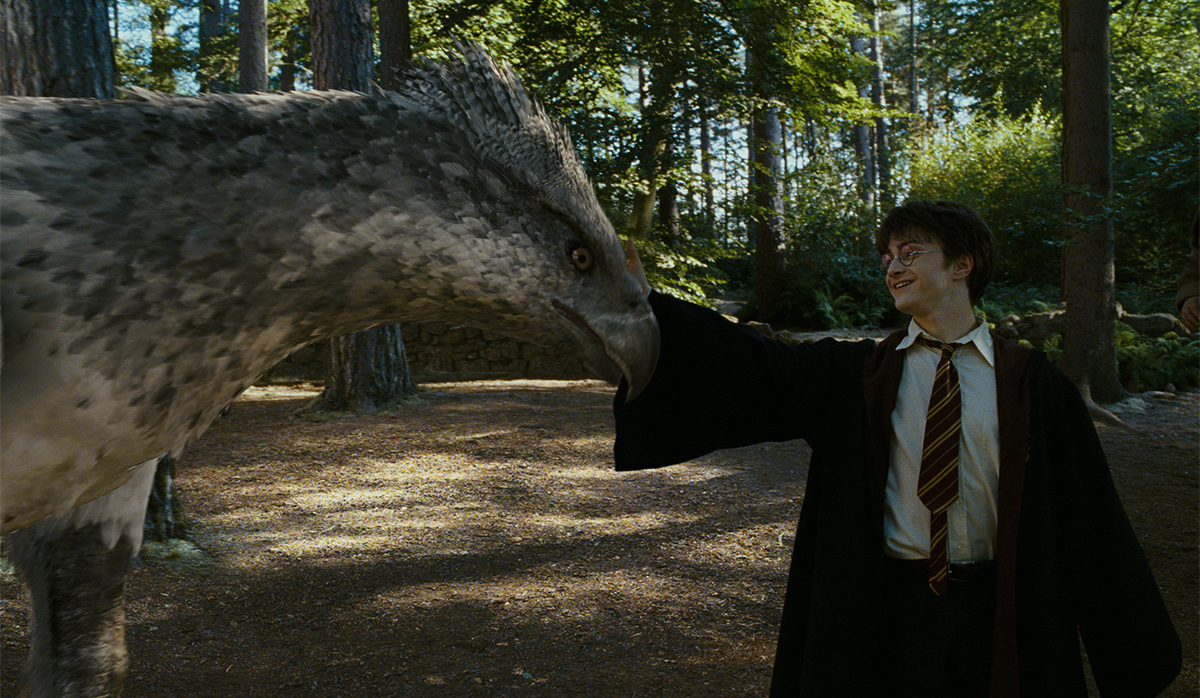
Eames: Having first worked at Framestore a long time ago I feel like I kind of knew the ropes before it really evolved into the industry it is now here [in London]. I feel very fortunate to have been involved in the early part of that, where things did feel more experimental. I remember being interested to come back to the UK, having spent a few years in San Francisco, because London seemed very keen to develop its place in the industry. I worked for Millfilm at that point, and they were very much setting out to break into the west coast visual effects market.
There was a feeling that we got from west coast studios, the big studios, that we just weren’t well placed to do that work. So what I became involved in with a few other people at the time, was trying to produce a piece of work that could effectively present that we were able to do it. And on a small scale, we did that.
VFX Voice: What was the project?
Eames: It was based off an idea that Ridley Scott, who was part of The Mill at the time, had for a film called I Am Legend, which ended up being done years later by someone else. We imagined a scenario that involved us going out and shooting a real-world scene in Richmond Park. The plates showed some real deer, because they were relevant to the movie, but we added in a hero CG deer of our own. The idea was that we would show a client, and they wouldn’t know what they were looking at until we said, ‘Well, actually, that one is not real.’
We did that and we pulled it off, and we got our first piece of work for Babe: Pig in the City off the back of that. Universal kind of threw their hands up and said, ‘We didn’t realize you could do that over there.’ That was groundbreaking for us where we were in London. At that time, people in the industry here were trying to move out of, or rather extend what we already had, which was a strong foothold in the commercials market, but we hadn’t really made inroads to film at that point.
VFX Voice: One of the challenges out of this expansion of VFX – both for artists and studios – is work location, and the idea of contract or permanent employment. What have you noticed about this side of the industry?
Eames: VFX has become a major part of mainstream cinema with studios these days looking to produce more and more work. And, as part of this expansion, we’ve witnessed work being spread around the globe encouraged by competitive tax incentives that stimulate the local VFX industries. Opportunities to get into the industry have probably never been so good.
I certainly can’t remember a time when there was so much work around. But if you’ve experienced times when work is hard to come by you never complain when there’s too much of it. That said, it certainly brings its challenges. Competition between vendors is really tough, and offering permanent positions when you’re working with such small profit margins is difficult.
But that said, the opportunity to travel and see the world, as well as fast track your career, would suggest many might not be that interested in staying put anyway. The only concern I would have, especially for aspiring animators tempted by offers to step up, would be they make sure they’re in the best place and position to learn so they’re better equipped if the curve were to dip. It’s an exciting but volatile industry.
“I didn’t necessarily want to go to America and import talent. I wanted to try to build a team that could do what we wanted here. There is always talent and plenty of potential out there, you just have to find it.”
— Mike Eames, Global Animation Director, Framestore